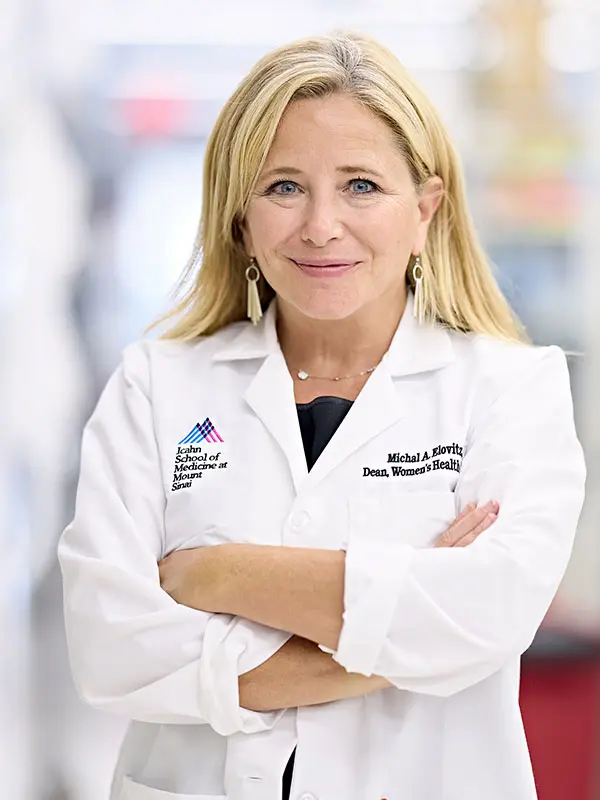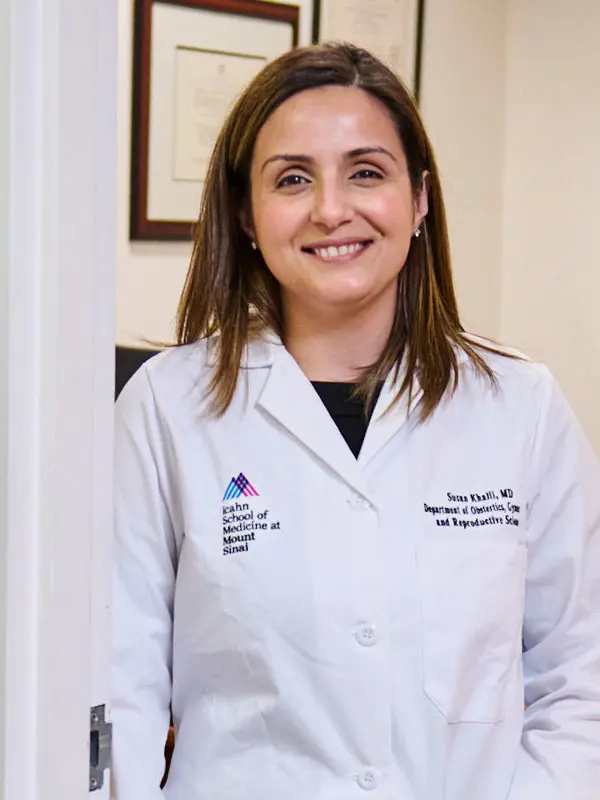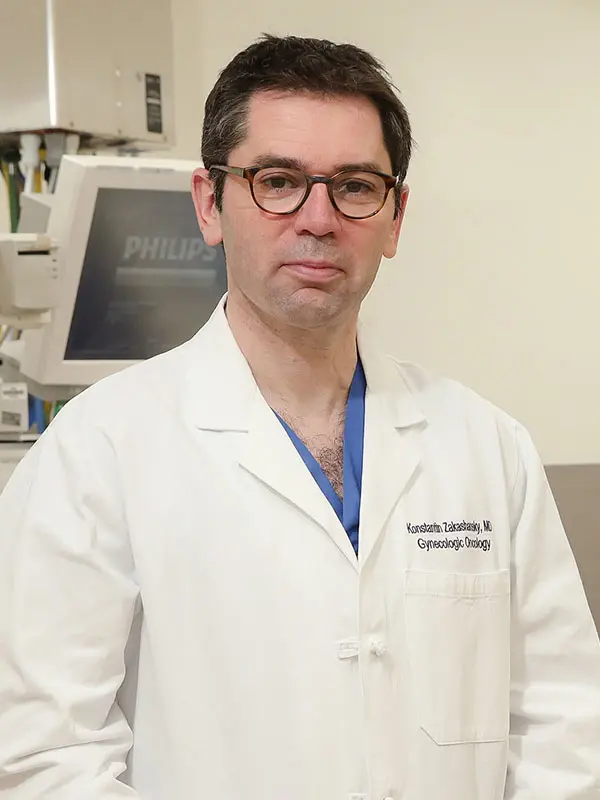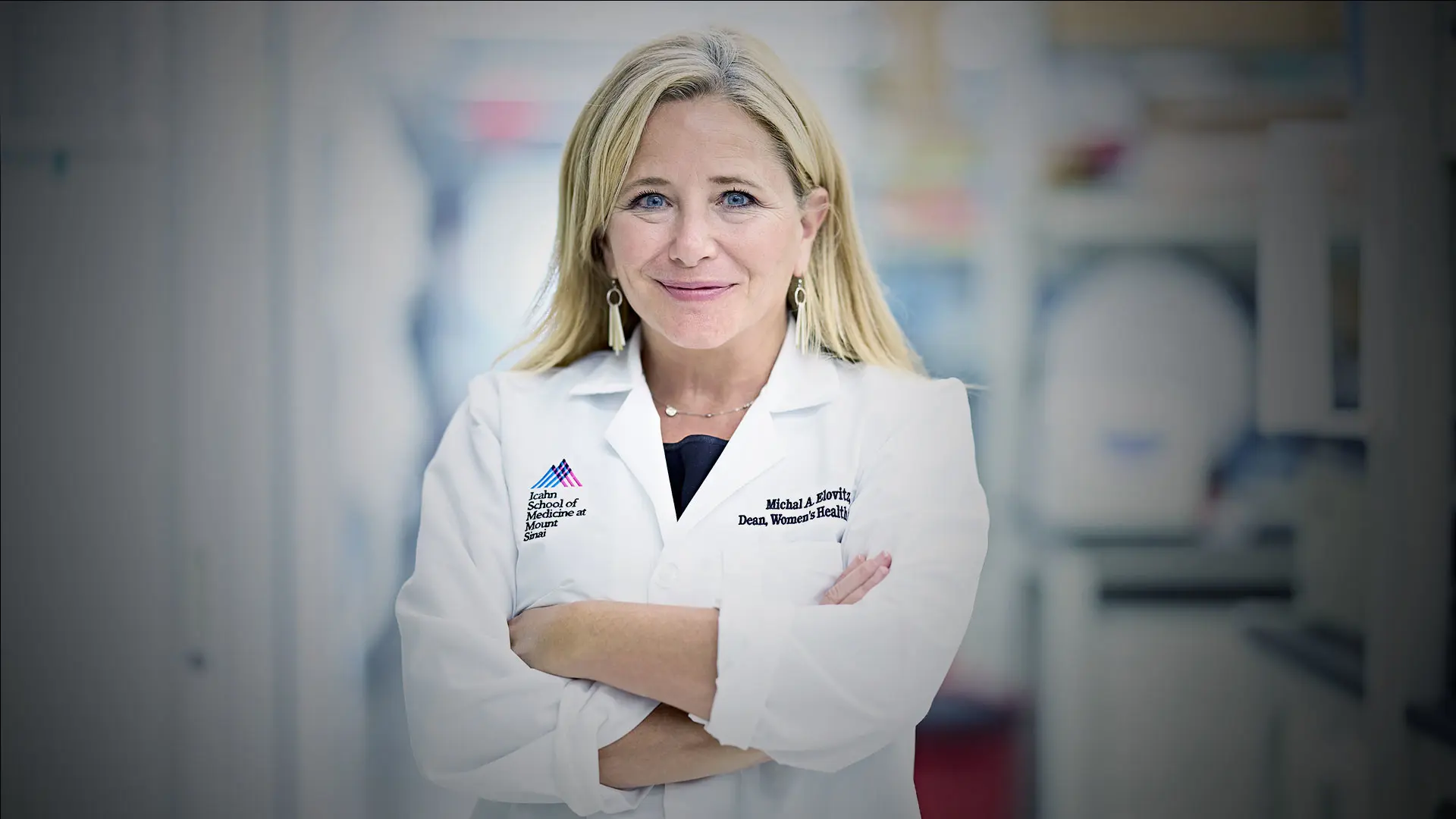Four important areas across the lifespan—endometriosis, cervical cancer, preeclampsia, and menopause—are the focus of a $3 million gift from the Pershing Square Foundation to support women’s health research. Michal Elovitz, MD, inaugural Dean of Women’s Health Research and founding Director of the Women’s Biomedical Research Institute, will drive the initiatives.
A transdisciplinary team with broad expertise across the Mount Sinai Health System will help lead discovery. This includes experts in neurology (Fanny Elahi, MD, PhD), immunology (Miriam Merad, MD, PhD), oncology (Stephanie V. Blank, MD; Dmitriy Zamarin, MD, PhD), gynecology (Susan S. Khalil, MD; Konstantin Zakashansky, MD), and others devoted to advancing women’s health science.
“Along with an amazing group of clinicians, researchers, and scientists at Mount Sinai, I am empowered to create a new paradigm for advancing women’s health,” Dr. Elovitz says. “The lack of scientific focus on reproductive and gynecological conditions, as well as the failure to fully understand sex-specific and female-specific biology across many other diseases, has led to dramatically unequal outcomes for women, not just during pregnancy but across their lifespans.”
“Understanding the basic biology that drives female-specific conditions and sex-specific drivers of health outcomes for women is a key obstacle to meaningful improvements in health outcomes for women.”
Michal Elovitz, MD
These conditions have remained largely understudied, yet affect millions of women:
Nearly 200 million girls and women worldwide experience endometriosis, yet no new class of drugs has been approved for the disease in the last two decades.
While preeclampsia remains a leading contributor to the growing crisis of maternal morbidity and mortality, there is still no effective treatment for this disease.
With menopause, many women experience short- and long-term changes in cognitive function. Yet little is known about how this time of hormonal transition interacts with aging to impact neurological health.
Despite the promise of the human papillomavirus vaccine, premalignant and malignant lesions of the cervix continue to create inequitable health burdens for women, especially women of color.
This funding will serve to accelerate discovery for these female-specific conditions, supporting studies that address health burdens at different points across the lifespan with the hope of broadening the impact of scientific discovery for more women. The ultimate goal of these studies is to reveal key biology of these conditions, thus providing new opportunities for reliable and rigorous diagnostics and, importantly, novel therapeutics.
“In addition to female-specific diseases, women suffer at a greater rate from many other
autoimmune, neurological, and mental health disorders. But understanding the basic biology
that drives female-specific conditions and sex-specific drivers of health outcomes for women is a key obstacle to meaningful improvements in health outcomes for women,” Dr. Elovitz says. “With the support of this grant from the Pershing Square Foundation, we will be able to
significantly advance our understanding of women’s health.”
Part of an original nearly $21 million gift that expanded a COVID-19 testing program for New York City schools and other organizations, this boost in women-focused initiatives connects the Pershing Square Foundation’s interest in supporting women in science to Mount Sinai’s leading researchers and key initiatives in gender-based science and health, says Bill Ackman, Co-Trustee of the Pershing Square Foundation.
Featured

Michal Elovitz, MD
Dean for Women’s Health Research

Susan Khalil, MD
Assistant Professor, Obstetrics, Gynecology and Reproductive Science

Konstantin Zachashansky, MD
Associate Professor of Obstetrics and Gynecology

Stephanie V. Blank, MD
Director of Gynecologic Oncology, Professor of Obstetrics, Gynecology, and Reproductive Science

Dmitriy Zamarin, MD, PhD
Head of Gynecologic Medical Oncology, Tisch Cancer Institute, Professor of Medicine, Hematology, and Medical Oncology
